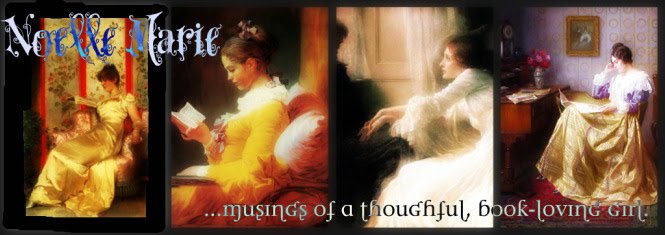"The most beautiful emotion that we can experience is the mysterious. It is the fundamental emotion that stands at the cradle of all true art and science. He to whom this emotion is a stranger, who can no longer wonder and stand rapt in awe, is as good as dead, a snuffed-out candle. To sense that behind anything that can be experienced there is something that our minds cannot grasp, whose beauty and sublimity reaches us only indirectly: this is religiousness. In this sense, and in this sense only, I am a devoutly religious man."
-- Albert Einstein, from the biography by Walter Isaacson, reprinted in TIME magazine, April 2007
Last night the weather was absolutely perfect. The drive home was late, but the flicker of fireflies in the grassy ditches made it well worth the fatigue. I turned off the music to contemplate another day - and all the wonder that came with it. Silence. I could hear my own thoughts, and the beliefs that were flowing out from them. Some of them were true. Some of them were not.
What is the value of quiet? How much real quiet {stillness, prayer, silence, reflection} do you experience daily? Does it bring about fear or wonder? Is it the reflection and prayer that bring us back to center, or the monster that brings out the fears that we've been running from? How will you know if you never take out those headphones?
When faced with a difficult {work} decision a few years ago, my boss gave me a piece of advice that I will never forget: take an hour or two of solitude and meditation before you decide. Seek God's wisdom and will for your life by just being still before Him. Was it hard to carve out that time? Yes. Did it make a difference in my clarity of thought? Yes. I took an hour to reflect on what had brought me to the NOW, and what God had done since that initial journey into the workforce. It was a lesson in re-centering myself; re-aligning myself with the greater purpose that He has for my life. It's the purpose and focus that so often gets lost in the daily grind, the shuffle of paperwork on my desk and the constant drippings of contention from the outside. It's Monday, and all I can think about is how tired I am.
Why am I here?
What's the best way for me to answer that question?
